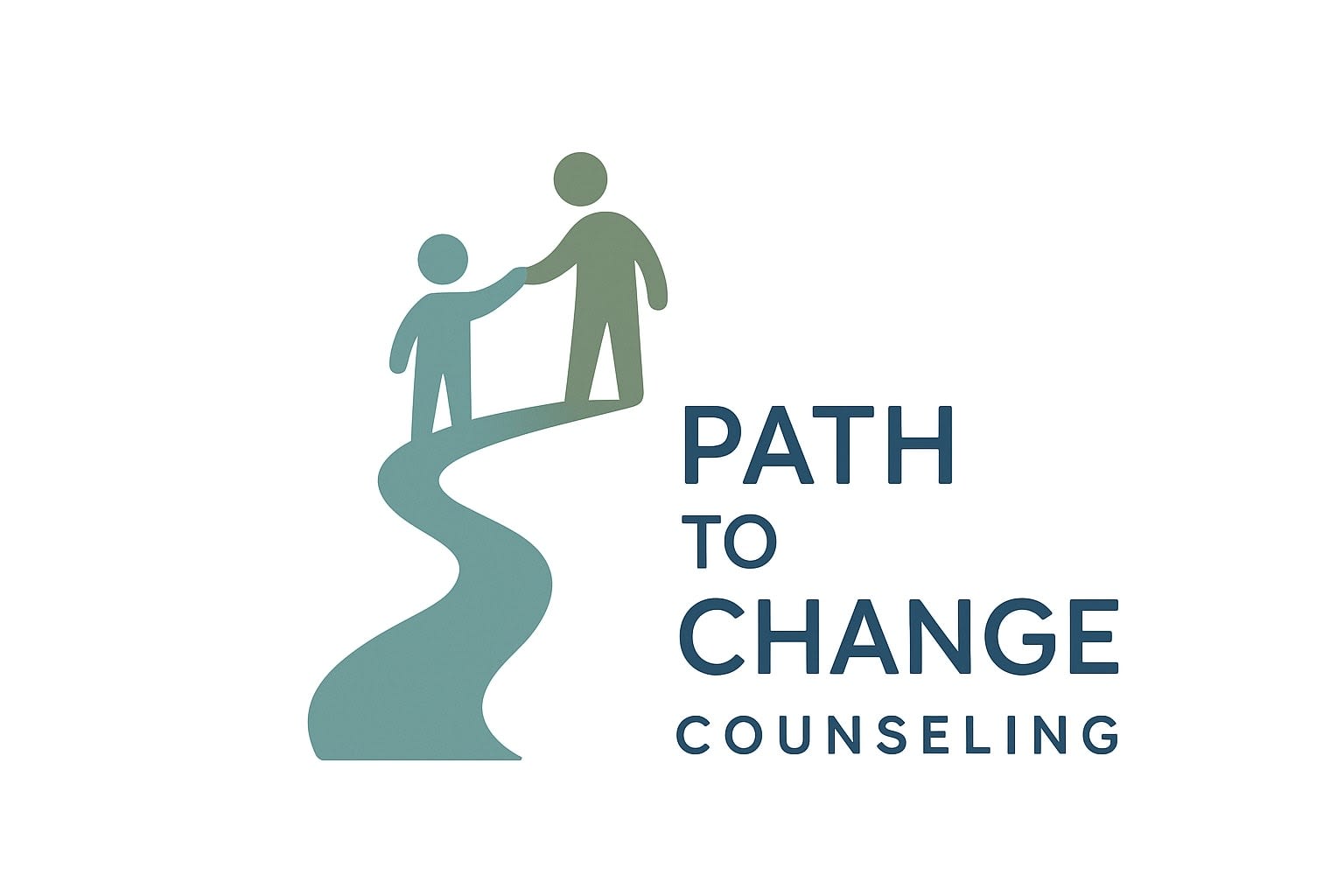The Importance of the Therapeutic Relationship in Psychotherapy

When it comes to psychotherapy, the importance of the therapeutic relationship cannot be overstated. This unique bond between therapist and client serves as the foundation for healing, growth, and transformation. But what exactly makes this relationship so crucial? Let’s delve into the key aspects that highlight its significance.
Trust is the bedrock of any therapeutic relationship. Clients often enter therapy with vulnerability, sharing their innermost thoughts and feelings. A strong, trusting relationship allows clients to open up without fear of judgment. This sense of safety is essential; it enables them to explore painful memories, confront challenging emotions, and work through complex issues. When clients feel secure with their therapist, they are more likely to engage fully in the therapeutic process.
Empathy is another vital component of the therapeutic relationship. A good therapist doesn’t just listen; they strive to understand their clients' experiences from their perspective. This empathetic connection helps clients feel seen and validated. When individuals recognize that their feelings and struggles are understood, they often experience a profound sense of relief. This validation fosters emotional healing and encourages clients to explore their issues more deeply.
Therapy is not a one-sided endeavor; it’s a collaborative process. In a strong therapeutic relationship, both the therapist and the client work together toward shared goals. This collaboration empowers clients, helping them take an active role in their healing journey. When clients feel like partners in the process, they are more invested in the outcomes, leading to more significant and sustainable change.
Authenticity in the therapeutic relationship is crucial for fostering growth. When therapists are genuine and transparent, it encourages clients to do the same. This mutual authenticity creates a space where both parties can express themselves honestly, leading to deeper insights and breakthroughs. Moreover, when clients see their therapist model vulnerability and honesty, it can inspire them to embrace their own authentic selves.
While connection is vital, maintaining appropriate boundaries is equally important in a therapeutic relationship. Clear boundaries create a framework of safety and professionalism. They help define the roles of both therapist and client, ensuring that the relationship remains focused on the client's needs and goals. Healthy boundaries prevent dependency while promoting autonomy, allowing clients to develop skills that extend beyond therapy sessions.
For many clients, the therapeutic relationship can serve as a corrective emotional experience. Individuals who have faced trauma, neglect, or abandonment may struggle with trust and intimacy. A strong therapeutic relationship can help heal these past wounds, offering a new model for relationships based on trust, support, and understanding. This healing process can significantly impact a client’s ability to form healthier connections outside of therapy.
In conclusion, the therapeutic relationship is a critical element of effective psychotherapy. It provides the trust, empathy, collaboration, authenticity, and structure necessary for meaningful change. For clients, the therapeutic relationship can be a powerful catalyst for healing, enabling them to navigate their challenges and emerge stronger. As we continue to understand and appreciate the nuances of this relationship, we recognize that it is not just a means to an end; it is, in itself, a profound journey of connection and transformation.
If you’re considering therapy, remember that the right therapeutic relationship can make all the difference in your journey toward healing and self-discovery.
Contact Us
Send a Message
At Path to Change Counseling, we understand that taking the first step toward therapy can feel overwhelming, but we’re here to make it as easy as possible. Whether you’re seeking individual therapy, family counseling, or psychological assessments, our team is ready to provide you with the support and guidance you need.
